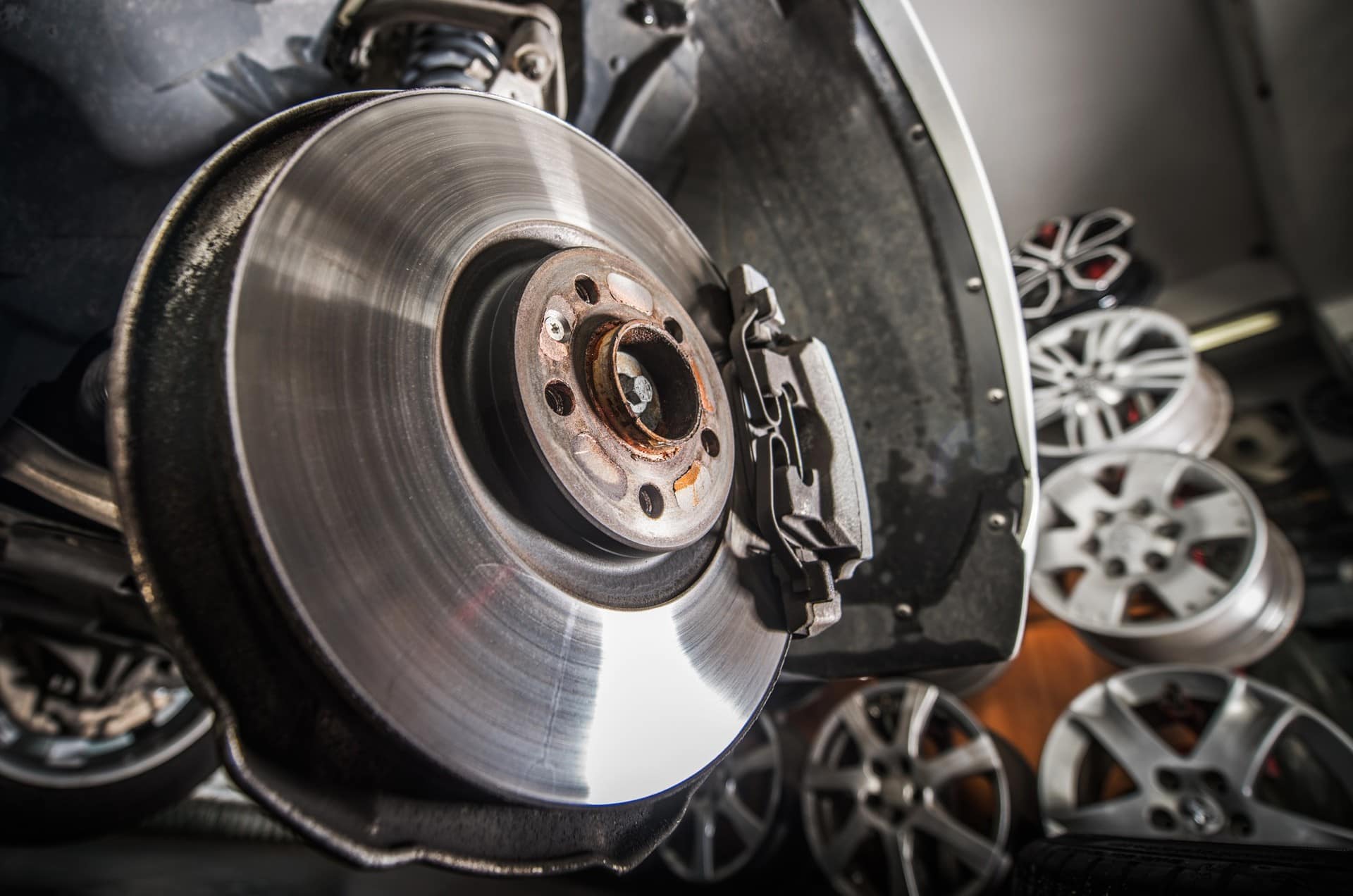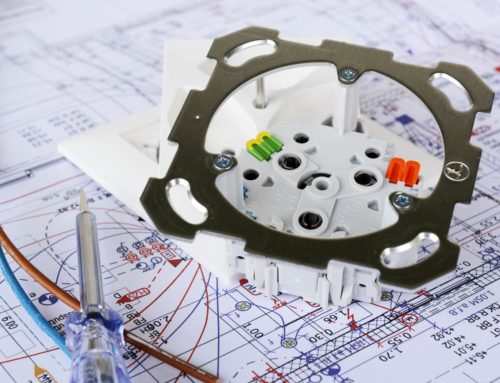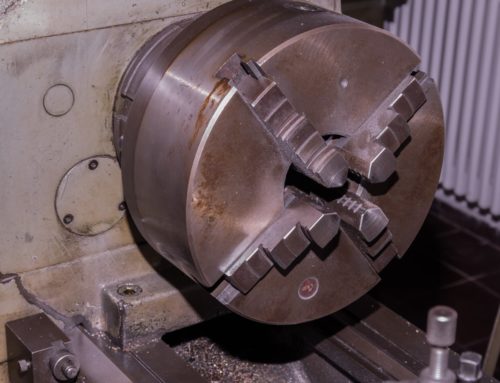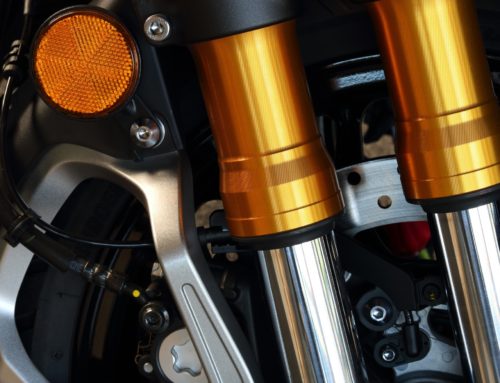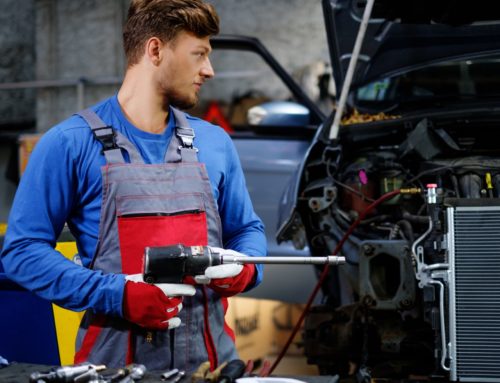There have been 2.8 million nonfatal workplace injuries and illnesses in 2019, making the need for safety in these private sectors essential. For example, many injuries can happen when a machine malfunctions, and you need it to stop, but there aren’t any brakes to make it stop.
This is where electronic motor brakes come in. Keep reading to learn everything you need to know about these brakes and how to choose the right ones for your business.
What Is an Electric Motor Brake?
These can force high-inertia processes to a complete stop instantly without using friction. Instead, they use electromagnetic forces that freely adjust direct and AC currents, allowing for quick starting and stopping.
There are different types of electric brakes you should be aware of when installing an electronic brake or replacing your old one. Each of them works slightly differently, so be sure to learn about their benefits before choosing motor brakes.
Short-Stop Electronic Motor Brakes
These give you high-performance braking that will work for most of your applications. Short-stop brakes eliminate expensive maintenance and production downtime. If safety is your main goal, these work great because they offer fail-safe braking.
Chipper-Stopper
When you’re using wood chippers, hogs, or centrifuges, a chipper-stopper is a great lower-cost alternative to the high-inertia brakes. These allow for proper load balancing and offer the user more control when using the machines.
Fan-Stop
A fan-stop is one of the electronic motor brakes that allow for the rapid starting of your AC motors by removing the coasting effect. Instead, the fan-stop uses DC injection braking and creates a stationary magnetic field within the motor, giving you a smooth braking action.
These electronic motor brakes are perfect for systems that use fans, such as ventilation systems, furnaces, paint spray booths, and the like.
Star-Brake
If you do woodworking or metalworking, a star-brake is a great option for you. It’s modified to use an internal contractor, so if your machine doesn’t have one, this one does. It also works with no-starter motors, giving you a large range of applications.
How Do I Choose the Right Motor Brake for Me?
Ultimately the choice for electronic brakes is up to you! Be sure to consider the torque and RPM. You will also need to take into account your cycle rate and what power supply you have available.
Check how much space you have to spare and consider the constraints and mounting so you know the brake will fit. The last thing to consider is the noise. If you’re in a small space, know that the loud braking noise will be closer, so you might want to consider a quieter one.
Get Your Electronic Brakes
Now that you know what they are and how to choose the right ones, it’s time to get yours today! Remember to consider how you’re using your brakes and what features are most important to you before purchasing.
If you need help figuring out which brakes are right for you, don’t hesitate to contact us! Our brakes have been used in thousands of applications since 1960, and we can’t wait to help you find the right ones today.

